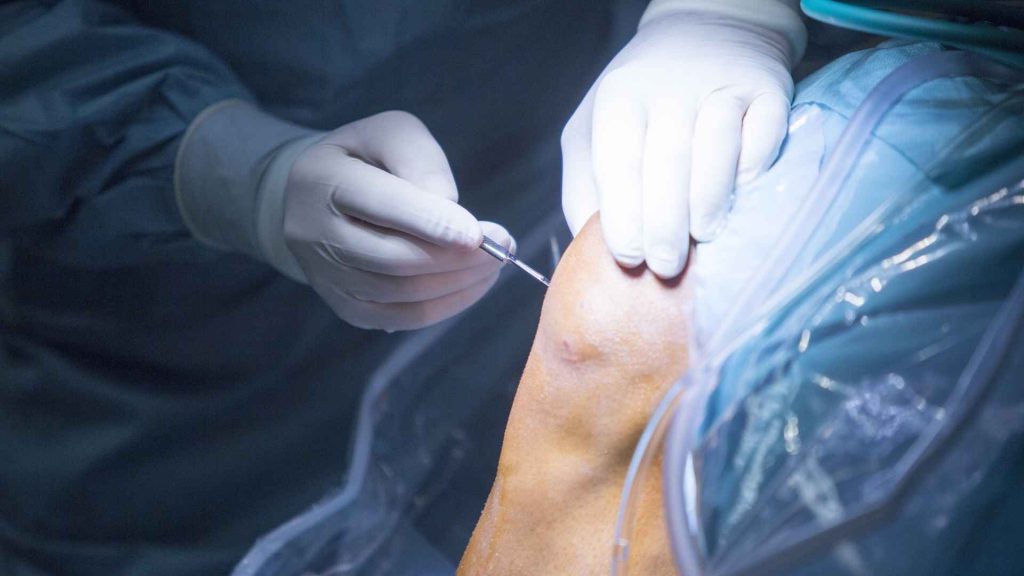
The fascinating world of orthopedic medical devices extends way beyond simple utility and functionality, presenting a myriad of benefits we might not be fully aware of. These devices, specifically designed to solve musculoskeletal challenges, are constantly being refined and advanced, marking an era of unprecedented progress in the medical industry.
Imagine the power of an orthopedic implant, not just restoring a patient’s lost bodily function but instilling a newfound independence and confidence. Or picture the groundbreaking progress in medical sciences that is saving countless lives and ameliorating pain, thanks to cutting-edge orthopedic devices. The key to unlocking these profound benefits lies in the realm of preclinical studies that ensure the safety and effectiveness of these devices. Are we ready to embrace the impressive benefits that orthopedic medical devices offer? This might be the time to fully appreciate the compelling advances in this field and understand its profound impact on individual lives and the healthcare industry as a whole.
Benefits of Orthopedic Medical Devices
In the landscape of healthcare solutions, orthopedic medical devices prove to be game-changers. These devices significantly enhance the quality of life for patients suffering from varied musculoskeletal disorders.
For starters, orthopedic devices play a pivotal role in mitigating pain linked to orthopedic ailments. Furthermore, they provide crucial support to affected areas, enhancing the patient's mobility and independence. This empowerment contributes significantly to a patient's mental well-being as well.
The role of these devices in expediting recovery deserves special mention. By facilitating prompt and efficient injury or post-operative healing, they prevent potential complications and further tissue damage.
Lastly, the rise of customization has revolutionized orthopedic devices. From patient-specific implants to tailor-made orthotics, individualized solutions promise unprecedented comfort, compatibility, and functionality. Thus, in keeping with the growing trends of personalized medicine, orthopedic medical devices contribute towards a more patient-oriented approach, optimally catering to unique patient requirements.
Advancing the Development of Medicines and Medical Devices
The field of orthopedic medicine thrives on continual advancement and innovation. Preclinical studies play a pivotal role in this evolutionary process, helping to test the safety and efficacy of new orthopedic medical devices before they are approved for human use. This thorough testing, in conjunction with the collaboration of diligent researchers, tenacious scientists, and expert healthcare professionals, provides the impetus required to push the proverbial innovation envelope.
A Spark of Revolution
Technological advances play an instrumental part in propelling orthopedic medicine into uncharted territories. Cutting-edge expansions in field-related technology contribute significantly to the development of new, improved, and highly effective orthopedic devices. By incorporating the most recent innovations, we are able to deliver breakthrough solutions and elevate the quality of care provided to individuals suffering from musculoskeletal conditions, as will be discussed in depth in the following section on preclinical studies.
Preclinical Studies for Orthopedic Medical Devices
In the world of medicine and device development, adherence to safety and efficacy standards is paramount. Preclinical studies serve as the vanguard in ensuring that orthopedic devices meet these stringent standards before human application. Divided into stages, the preclinical process begins with in vitro and in vivo experiments.
The Stages of Preclinical Studies
These studies are meant to ascertain the device's biocompatibility and mechanical properties, exploring how it interacts with living tissue and how well it operates under the strain of use. While these stages are vital, the importance of ethical considerations should not be overlooked.
Ethical and Regulatory Considerations
This includes ethical treatment of in vivo subjects and compliance with national and international regulations — all of which play a pivotal role in shaping the development of orthopedic medical device. The process might appear extensive, but it is designed to ensure patient safety and confidence, both of which are discussed in the final section of this manuscript.
Embracing the Benefits of Orthopedic Medical Devices
In the rapidly progressing world of medicine, embracing the use of orthopedic devices signifies a step towards improved health outcomes. These devices have become a pathway to independence and regained confidence for numerous individuals suffering from musculoskeletal conditions, aiding in mobility and reducing discomfort. Embracing these devices allows for enhanced lifestyle management and promotes active participation in daily activities.
The Power of Patient Education and Collaboration
Effective use of these orthopedic devices is further maximized when healthcare professionals and patients work closely in harmony. Patient education helps the users understand their devices better, allowing for optimal utilization. It elevates the overall patient experience, driving better adherence to treatment plans and, subsequently, better health outcomes.
Moreover, advancements in materials and technology, such as the inclusion of smart sensors and incorporation of nanotechnology, are creating exciting new possibilities for the future of orthopedic devices. These breakthroughs allude to a future where patient care is even more personalized, efficient, and effective.